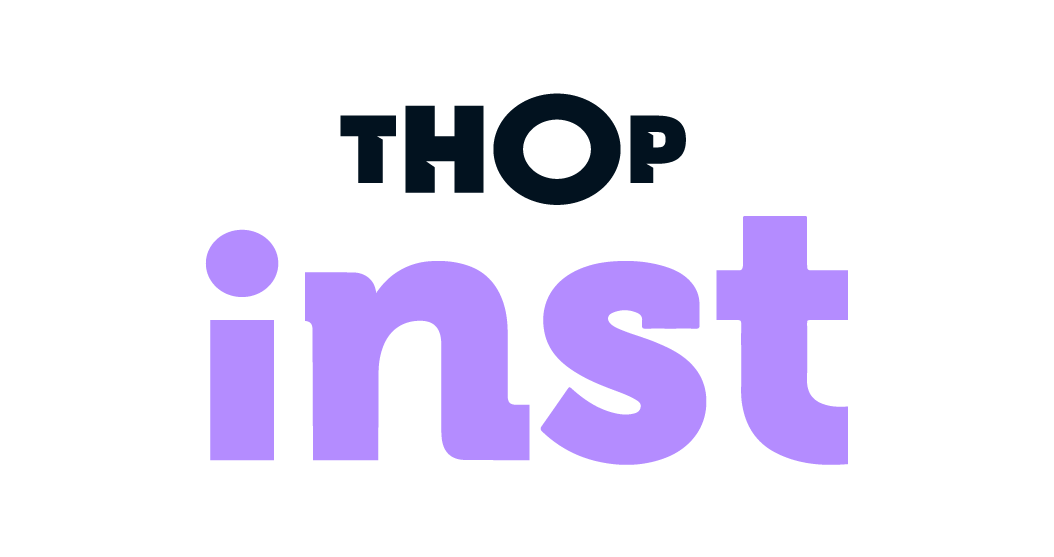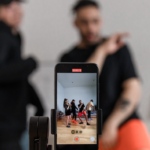Build back better with communication
On March 11, 2020, the World Health Organization officially declared the coronavirus crisis a pandemic. In March 2021, one year later, Janssen’s single-dose vaccine joins a long list of vaccines already available in the West and Asia. On the continent, South Africa is gearing up to produce vaccines, and the regular shipments made possible by the WHO’s COVAX initiative are making headlines. This information makes it possible to calmly envisage the revival of the economy, despite some dysfunctions in places, notably in Europe. The trust crisis is the biggest challenge of the economic recovery and to overcome it, professional, human and permanent communication is imperative.
The Edelman Trust Barometer 2021 revealed that Nigerians have more trust in civil society organizations, with businesses coming in second. Then, most Nigerians express distrust of the media and the lowest trust index in the world for government is 24%. However, Nigerians largely trust their “employers,” which reveals that they expect business leaders to be more proactive and vocal on societal issues (92%) and to initiate positive change (79%) rather than government initiatives. It is important to analyze the Nigerian data with care. Indeed, the Afrobarometer survey figures inform that in 18 African countries (covered by the survey, editor’s note), widespread trust is extremely low: Only 12% of respondents in the 2019-2020 wave think “most people are trustworthy.” In the previous wave 2016-2018, less than half (46%) of citizens trusted their elected leaders, and the average trust in the president was 52%, 43% in the parliament and local governments (regions, municipalities…). Citizens were more likely to trust their non-political leaders, particularly traditional and religious leaders (57% and 69%, respectively).
Analysis of this data reveals not only a deep crisis, but also a real opportunity to build a better future by communicating effectively with clear and organized messages. The public sector (government) is the most affected by this trust crisis with very low scores worldwide. Yet it is the one whose action is crucial for the future of our communities. States need the support of investors and partners, of citizens, but also of businesses. This trust is critical to mobilizing resources internally and externally, enforcing health standards, educating on social issues, and promoting national laws and policies. Many states have invested in tourism in recent years through investments and strategic plans, and there is no doubt that the success of this plan requires the trust of tourists.
As for the companies, they emerge from all these studies strengthened by the public’s confidence, as a result of more social missions, but above all by a substantial investment in their communication. Communication budgets before the pandemic were on the rise. In our region, advertising expenditure in Côte d’Ivoire is constantly increasing according to Médiamétrie data. We can also read in the results of these studies, the new expectations of public opinion: commitment on social issues, better crisis management, products and services that are traceable and eco-responsible. It will be necessary to evolve from very commercial communications to a more informative and interactive communication in which the public can become an ally and a source of information.
NGOs, through their “concrete” actions and their direct contact with the population, enjoy a high level of trust. However, it should be stressed that today there could be major risks linked to the polarization of the world, to the explosion of information that increasingly lifts the veil on financing and can raise questions. With this confidence, NGOs are capable at their level of relaying messages from the populations to the leaders, but also to guarantee a kind of citizen watch.
Finally, major issues such as vaccination, digital transformation, and disinformation require the involvement of all stakeholders in the construction of public opinion in order to take better account of communication tools. In a region where the population is young and access to the Internet is growing, traditional communication techniques must be complemented by a better understanding of the dynamics of social media. It is a matter of innovating in the design and now even more so in the dissemination of the message. It is important to improve the monitoring and listening tools on those platforms in order to curb coordinated campaigns aiming at damaging the relationship of trust and thus the social contract by which our communities are linked.
Our commitment at Opinion & Public is to build real trust in public opinion for organizations in French-speaking Africa, whether they are public, private or non-governmental, through positive stories. This translates into a constant update of our understanding of opinion through proprietary or syndicated studies, the design of analysis models and the implementation of strategic communication models compatible with the realities of our region, but supported by the expertise of BCW. We are thus partners in studies such as BCW Twiplomacy, Brand Africa 100, Geopoll COVID Impact report, Rapport sur les Consommateurs des Services Financiers en Côte d’Ivoire.
Our ambition is to participate in the revival of the economy in French-speaking Africa by highlighting an essential profession, but so often reduced to a form that can only produce unsuccessful or incomplete results.
About the author
Mariam Essahih is a Client Director at Opinion & Public, a public relations and communications firm based in Abidjan, Côte d’Ivoire and affiliated with Burson Cohn & Wolfe, a member of the WPP Group. She manages the corporate portfolio and is in charge of Brand, Social Networks and Influence services. She is a member of the PRCA (Public Relations and Communications Association) in the UK.
First published on Agence Ecofin




